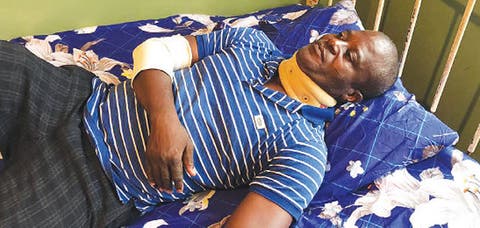How Soldiers Hanged, Tortured Agbekoya Boss, Lawyer After Agbekoya Member Slapped A Soldier In Ibadan
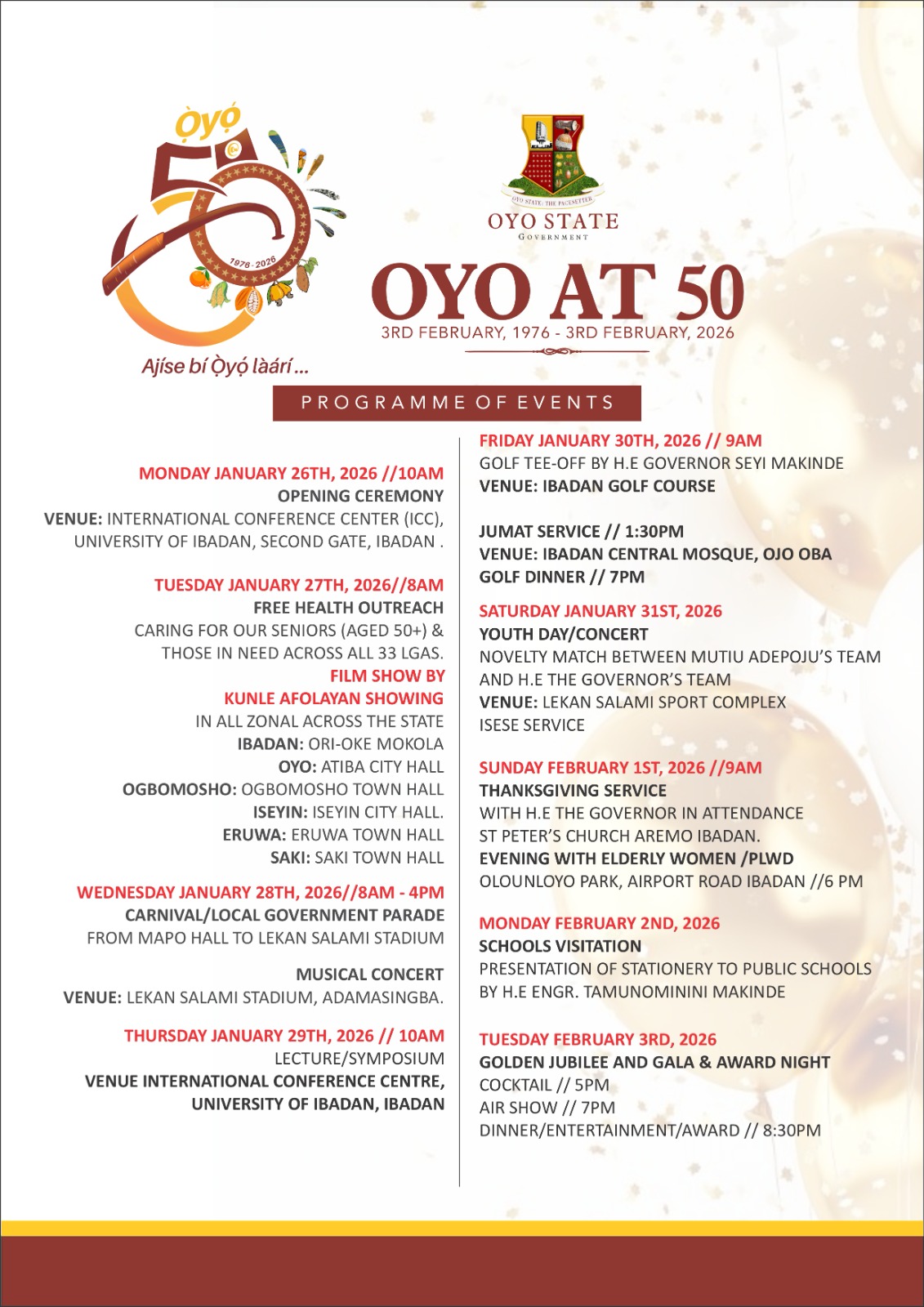
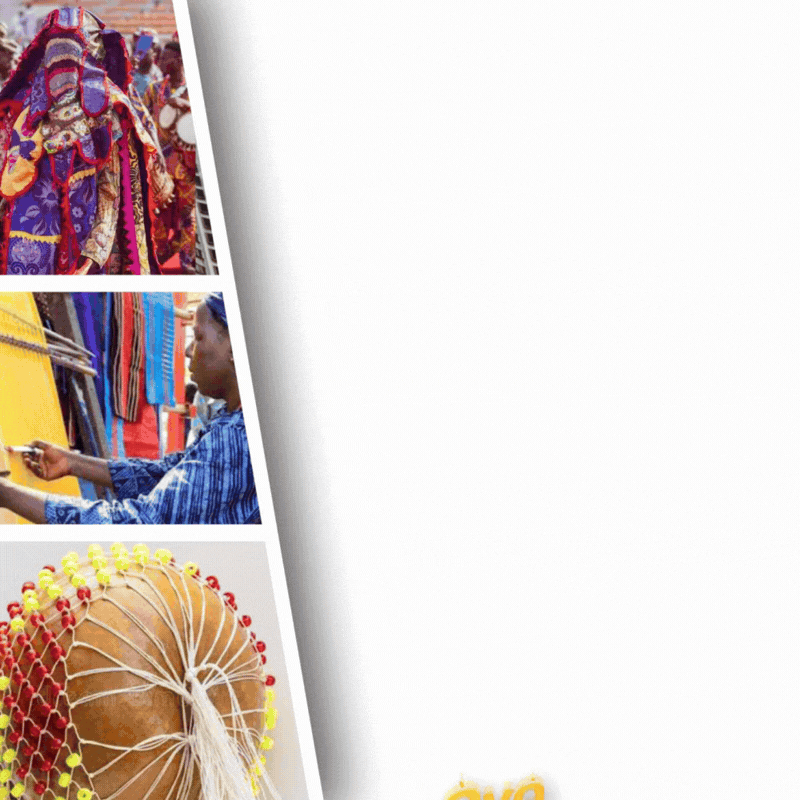
The Jagunmolu Agbekoya of Yorubaland, Prince Kunle Adelakun, narrates his experience in the ‘torture camp’ of the Nigerian Army at the Odogbo 2 Mechanised Division, Ibadan, following an altercation between a soldier and a member of Agbekoya during a recent stakeholders’ security meeting
What happened between you and soldiers?
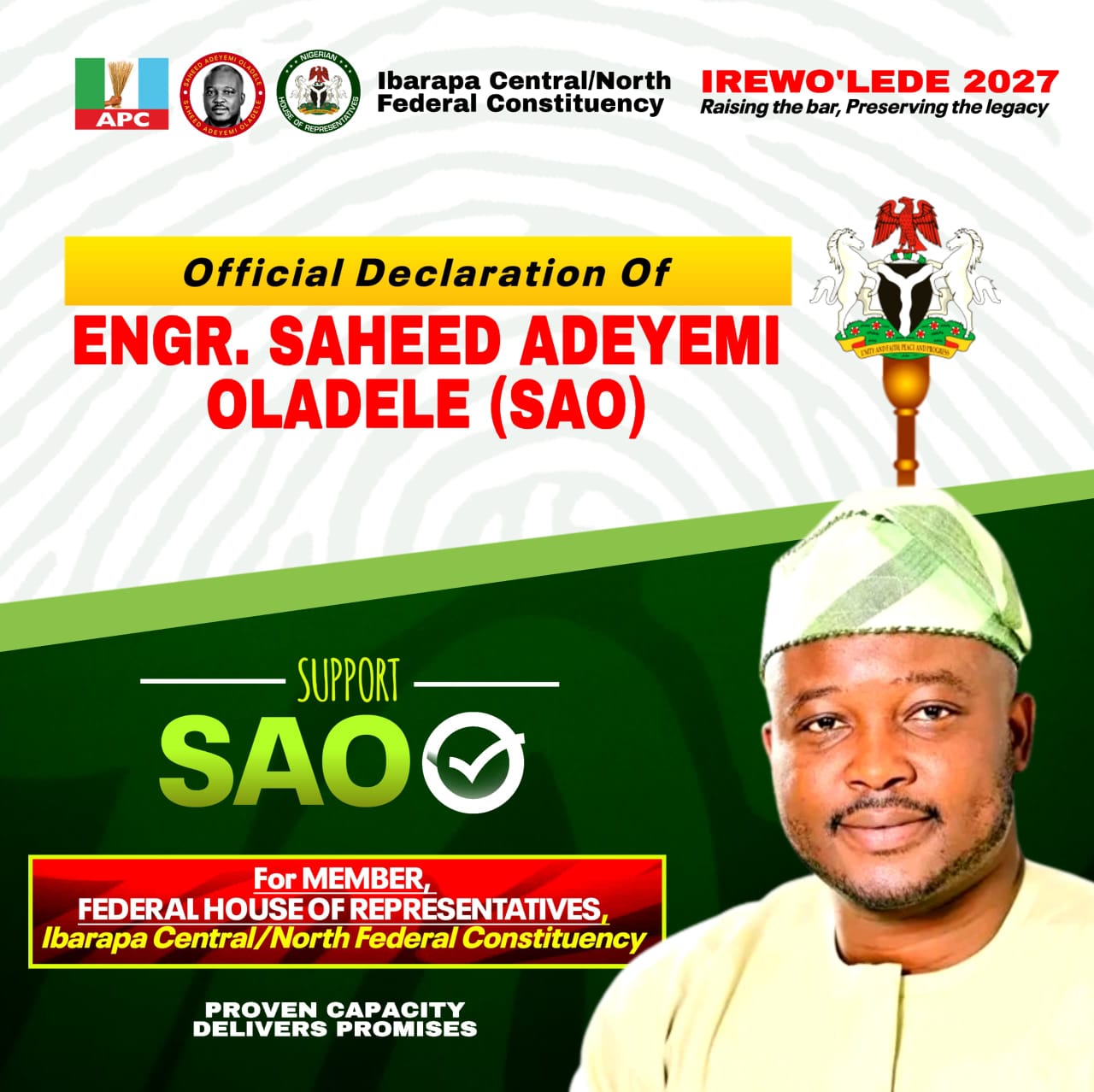
There was Yoruba meeting on security at the Oyo State Secretariat last week. Different groups were invited, including Agbekoya. As one of those that represented Agbekoya, I also attended. On arrival at the secretariat, it was rowdy as the entrance had been shut. I came down to see what went wrong. On getting to the scene, I saw a soldier and a civilian engaged in an argument. When I asked the people what went wrong, they said a soldier slapped a member of Agbekoya. Possibly, the civilian retaliated but I wasn’t sure of what actually went wrong, because I wasn’t there.
I tried to pacify the soldier but he insisted that he would deal with the civilian. A team of soldiers in the Operation Burst was on the ground. Other people came around to pacify him, but the whole thing degenerated on the arrival of a team of soldiers to the scene. The Special Adviser to Governor Seyi Makinde on Security was there. On seeing me, he told the soldiers that I am a gentleman and head of Agbekoya. I addressed the crowd in order to douse the tension. But the soldier who led the other team to the scene asked his men to arrest me in order for me to identify the person who slapped the soldier.
The SA Security told them I could not be involved in such an act, adding that I was part of the security stakeholders’ meeting in the state, but his entreaties fell on the deaf ears. A lawyer, popularly called Barrister Salawu, later came around and asked what led to the trouble. He was also arrested. They fired shots in the air and dragged a few people into the patrol van of Operation Burst. They later moved us into the soldiers’ van. They conveyed eight of us, who were arrested to the 2 Mechanised Division, Odogbo.
There, we were tortured. We didn’t know the whereabouts of their superior, who ordered our arrest. Some hunters, who were arrested, were later brought to where we were. At a point, a soldier came and fingered me as the one, who slapped his colleague. He threatened that I would be severely dealt with. I explained that with my status, I could not do such a thing. We were first hanged, later we were made to do frog jump and press up. I asked them to consider my age, explaining that I am 56 years old.
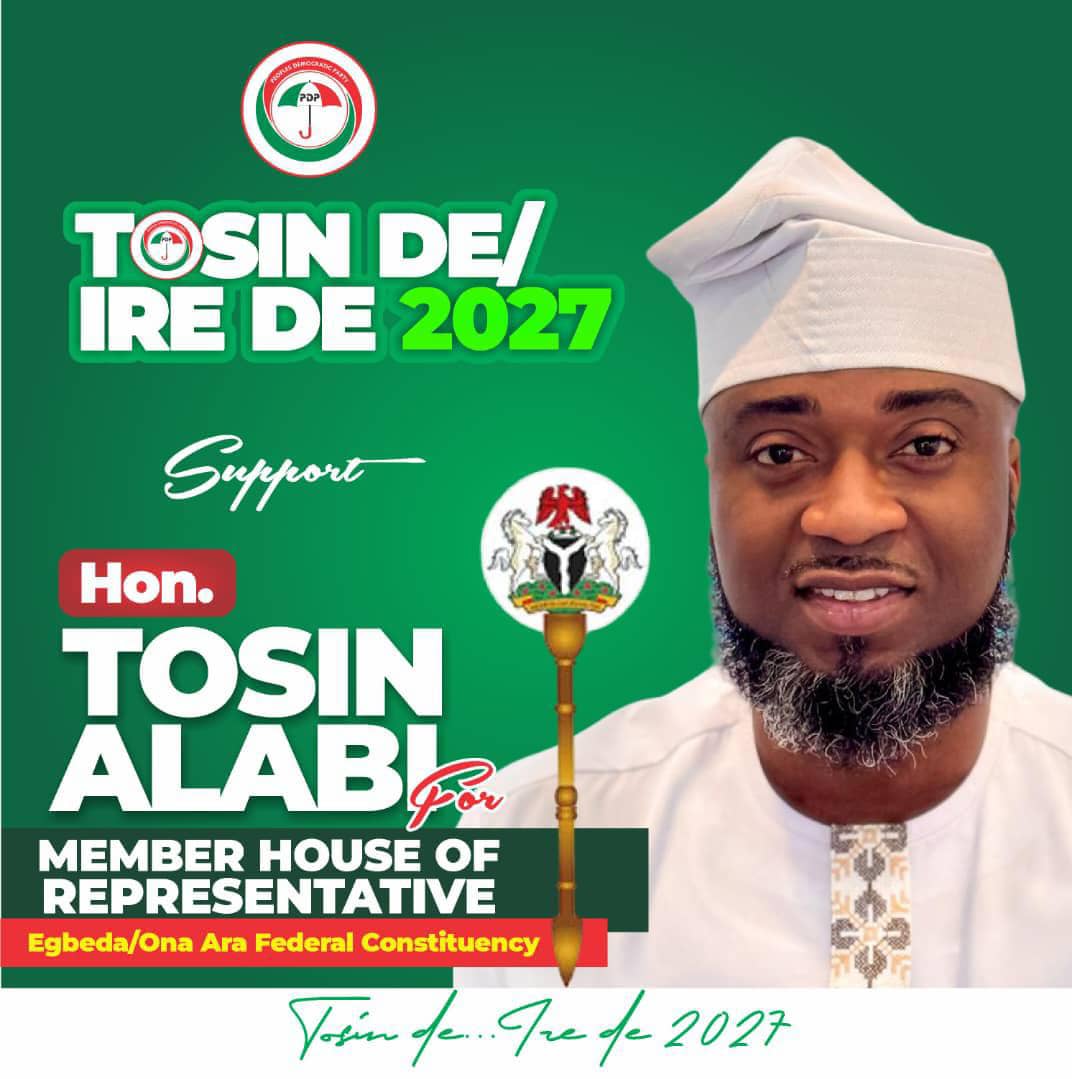
The lawyer, who was arrested, is an asthmatic patient and he was not with his inhaler. He had a crisis in the process, so they poured water on him to resuscitate him. They put us in a guard room measuring about 18 square metres. They put 36 of us there, including some secondary schoolboys. It became stuffy, so at some point, I managed to talk to one of the soldiers and he asked me to move to the airy side. They asked the lawyer to write an undertaking that we spearheaded a protest. We explained that we were not at the secretariat for protest but for security meeting. They later released the lawyer.
A superior military officer later arrived and asked the soldiers to release the hunters. As he was leaving, I called his attention. After hearing me out, he ordered my release. One of the officers, Lieutenant Nnamdi, tried to persuade him not to let me go, but he insisted that I must be released. Nnamdi explained to the senior officer that I would not report back if released, but I said I would show up the next day as directed. While that was going on, I appealed to the hunters to stand by me by staying back so that when released, one of the soldiers would not waste me away. Luckily, I was released and they returned my clothes and shoes to me. I dressed up quickly and left the barracks in company with the hunters.
You eventually heaved a sigh of relief?
I can’t deceive you; at night, I could not sleep as a result of pain all over my body. I called General Toogun and one other personality, including the Commander of Operation Burst in the state, but there was no hope for me until I was miraculously released on the orders of the superior officer.
At age 56, such treatment was too much for me to bear. The torture was much. I never experienced a thing like that in my life until recently. It was uncalled for. Soldiers do not have the right to do this to us; I think they are to protect and defend us. We have not done anything to warrant the punishment they meted to us. My people are still there and are still languishing. After my release, I went straight to hospital. I was hospitalised for two nights. I was placed on drip and injection. Up till now, I am still recuperating. Whereas in the past 10 years I didn’t go for treatment.
The impact of the torture at the army barracks was much on me; I could not believe that such a thing could happen to me in this country that we claim to be our own. Security agents are to protect us, but the reverse is the case. That is one of the reasons why there was a protest against the brutality of the police Special Anti-Robbery Squad. So, what is the future of this nation? If now the military and the police are saying we should not talk anymore when we are suffering, it confirms what late Fela Anikulapo-Kuti called suffering and smiling. How long shall we continue a thing such as this where they are bullying us and we cannot do anything?
The Agbekoya, Odua Progressives Congress, the hunters and others like that are part of the security architecture in the Oyo State and the South-West as a whole. Should we be treated this way? They don’t even respect us. We went for Yoruba security meeting and that was solely because we wanted to guard against the breakdown of security in Yoruba land. Our aim was to prevent crises in Yoruba land. Is what we are facing at the moment not a big problem? Where is the future? You don’t let the youth have their say and you also silence the elderly? You are caging and gagging us? We were not carrying arms. We don’t fight crime with guns and we always warn our members against carrying guns about. But there was a misunderstanding and on the arrival of a team of soldiers, the superior said we must be dealt with mercilessly. It is unfortunate that I am a Nigerian.
Was the member of Agbekoya, who was alleged to have slapped a soldier also whisked to the station?
He escaped. I don’t even know how he managed to escape. Our people, who were arrested at the scene, are still with the army. I called General Toogun and Deji Oshibogun to help us out. People are rising to help, but up till now, our people are still with them. We heard that they had been moved from the Odogbo Barracks to the Operation Burst station. Our people tried to see the governor but they have yet to do so.
How many of your people are still at the station?
No fewer than five.
You said you were tortured by hanging by the soldiers, can you explain how?
We were asked to put our legs across a two feet pavement, while our heads and hands dangled below. Later, we were asked to do frog jump and press-up. I couldn’t report back at the station having been battered and ended up on hospital bed. I told my wife that I was to report there the next day and she was so sad. At the time I was with the army, I couldn’t take my medication because I have drugs that I take three times daily, which I missed. That day, I did not eat throughout. I nearly fainted. I told them that I may pass away, but one of them said I would not die, but that I would suffer.
The #EndSARS protest is just over. What is your advice to the authorities in the light of all these?
My advice is that if we truly want a united Nigeria, the Army and all security agencies have to respect the rights of the people. There are human rights. They should see people as human beings; they should not see us as animals. There are ways of dealing with animals. If they are dealing with us the way people deal with animals, it shows that they don’t respect us. They should deal with us as human beings. They always say bloody civilians, while developed countries of the world respect the sanctity of human life. See the way the American soldiers came to rescue one of their citizens. It shows that the country and its army value the lives of their citizens. Likewise, let the Nigerian security agents value the lives of Nigerians. They should see and value us as human beings. That was what made the US Army to come to Nigeria.
In your own view do you think the Army places premium of the lives of citizens?
Maybe if what I went through had not happened to me, I would have said yes. I am a living witness. The Nigerian Army tortured me. For what reason? They don’t value the lives of Nigerians.
Now, do you think the Nigerian government values the lives of the citizens?
The government will tell you that it is trying its best, but that is not enough. It has to emulate what is obtainable in the developed nations whereby the government values the lives of the citizens. It should replicate the same thing here. The government should protect and not bully us. The security agents are being paid with taxpayers’ money, so we should be respected.
Source : Punch
...For the latest news update, Subscribe to our Whatsapp Channel (Click Here) and join our Telegram Update Group (Click Here)

You can also advertise your Product and Services on our page for more patronage
Contact us today by sending your Stories, Articles, Events, and Eyewitness Reports for publications as well as products and services for advertisement to westerndailies2018@gmail.com or WhatsApp (+2348058448531) for more information


